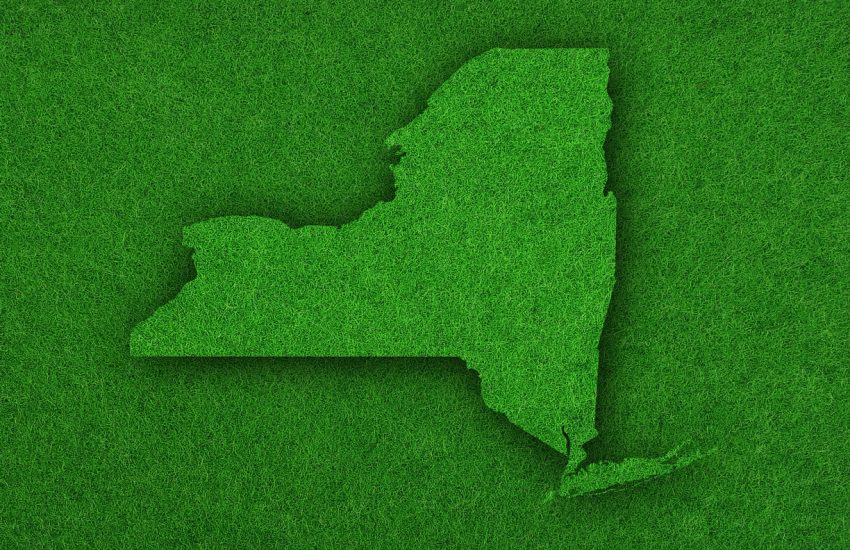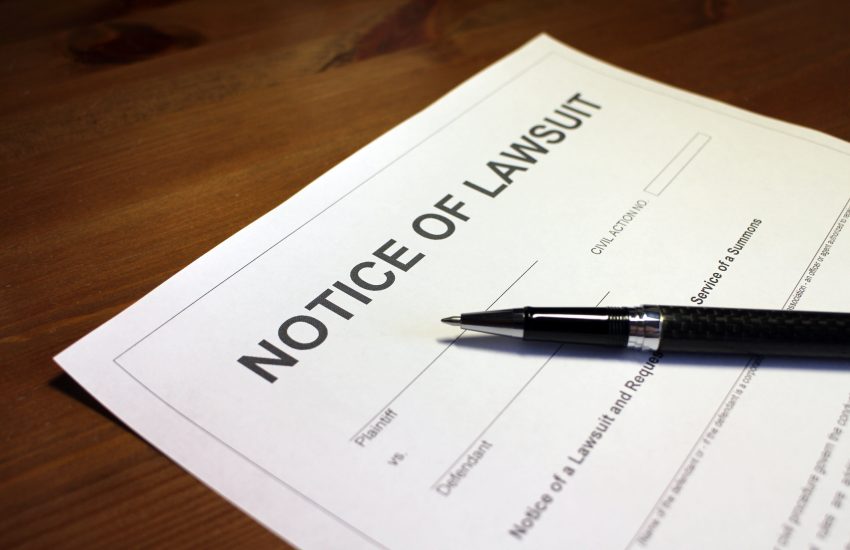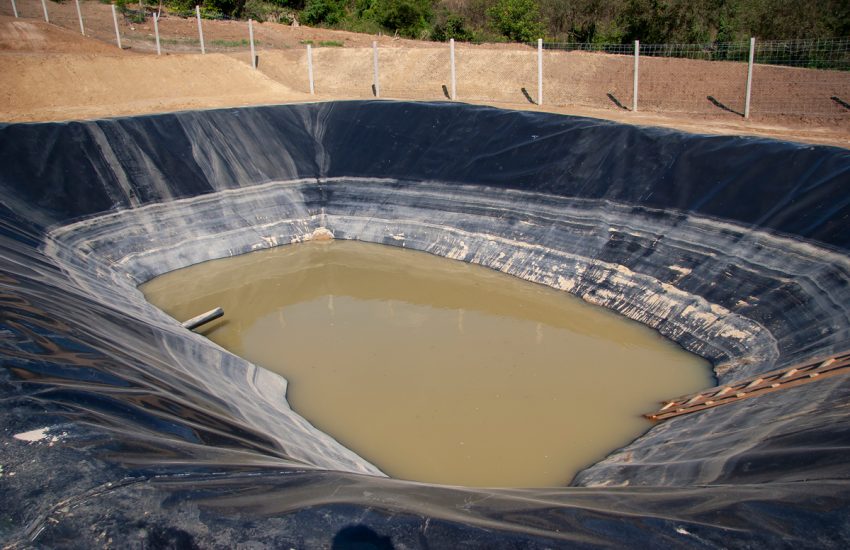As we previously reported, the U.S. EPA recently issued its ban on the use of the pesticide chlorpyrifos.
Chlorpyrifos has been widely used in food crop agriculture since the late 1960s. Unlike for the glyphosate-based pesticide commonly sold under the brand name Roundup®, most residential uses of chlorpyrifos were banned in 2001. However, it was not until on August 18, 2021 that the EPA took more aggressive action and banned the use of chlorpyrifos for all agricultural purposes.
Unlike for the weed …
Continue Reading









